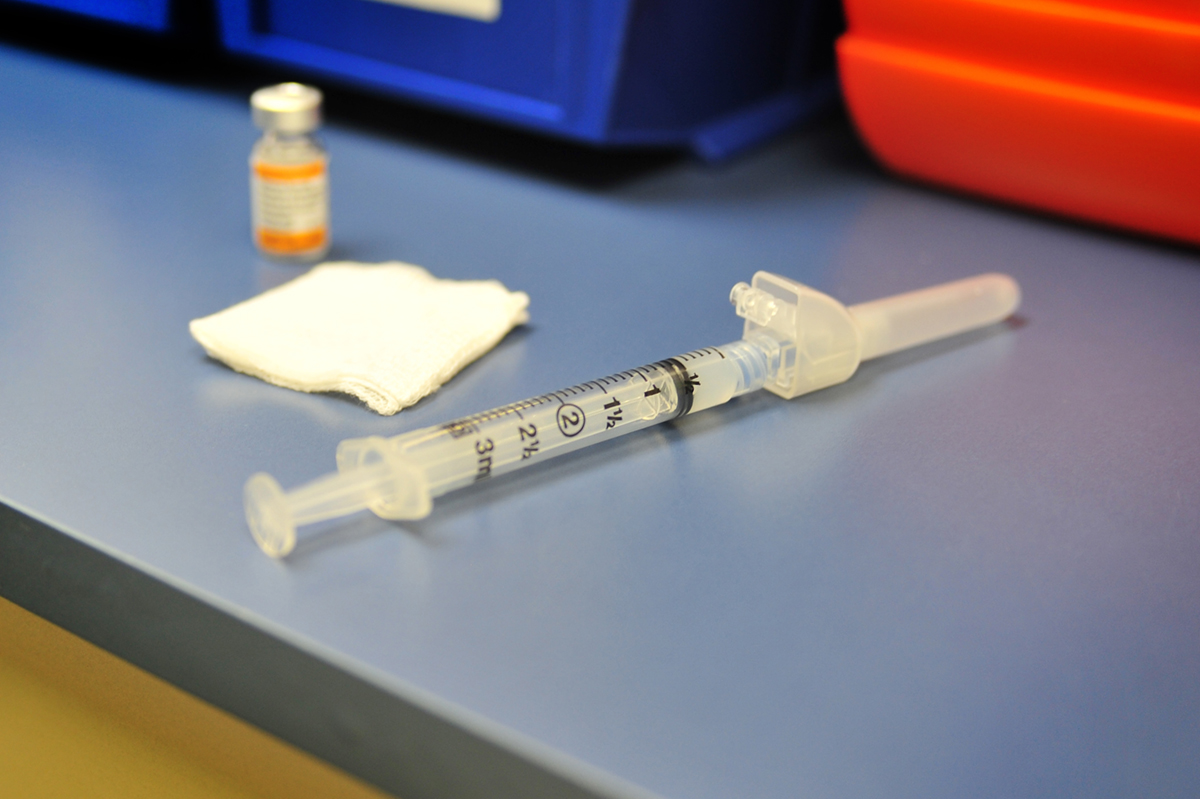
Pertussis or whooping cough is extremely contagious disease affecting respiratory system. The bacterium responsible for the disease is Bordetella pertussis. The term whooping refers to the symptom which presents in vibrations of laryngeal structures during the process of inspiration. Whooping cough was first reported in the 16th century. The infective agent had not been isolated until the 1906. The occurrence of the disease has fallen drastically since the 1980s due to vaccination but there are epidemics which take place from time to time.
The regular vaccination against this disease is the most important way of prophylaxis. The newborns and small children are vaccinated and this vaccine protects against three illnesses diphtheria, pertussis and tetanus. However the immunity against the Bordetella pertussis is not permanent hence teenagers as well as adults can get the disease.
Whooping cough starts with cattharal stage. This stage lasts from one to two weeks and features with runny nose, sneezing, not so high body temperature and onset of cough which is not severe in this stage. The cough steadily becomes intense and this is the begging of the second stage known as paroxysmal stage. It features with episodes of severe cough. The patient cannot eject solid and hard mucus formed within the bronchia. The cough is present for few weeks and it leads to exhaustion. It is most intensive over the night. In the end of each burst the inspiration through constricted bronchia results in specific whooping sound. Due to lack of oxygen the patient turns blue. The cough attacks are most severe in newborns and small children. At the end o f coughing episode vomit may occur. The duration of the second stage is approximately five to six weeks but it can last up to ten weeks. Stage three of the disease is followed by the recovery and health improvement.
Since the disease is caused by bacteria antibiotics are the drugs of choice. They are mostly efficient if administered at the very beginning of pertussis. The patients are basically prescribed and given Azithromicin and Clarythromicin both of which belong to a group of macrolide antibiotics. Erythromicin is another antibiotic administered in case of pertussis. It may be efficient in reduction of cough. Trimethoprim and sulfamethoxazole act similarly to erythromicin. Besides helping with cough these antibiotics prevent further transmission of the disease. Even people exposed to the bacteria (those who have been in contact with a sick person) are given antibiotics prophylactically.


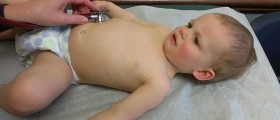


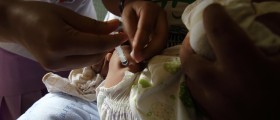


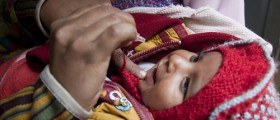

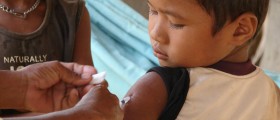

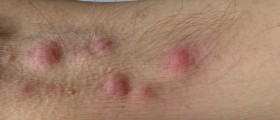


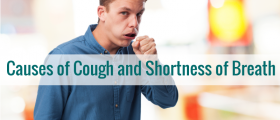

Your thoughts on this
Loading...